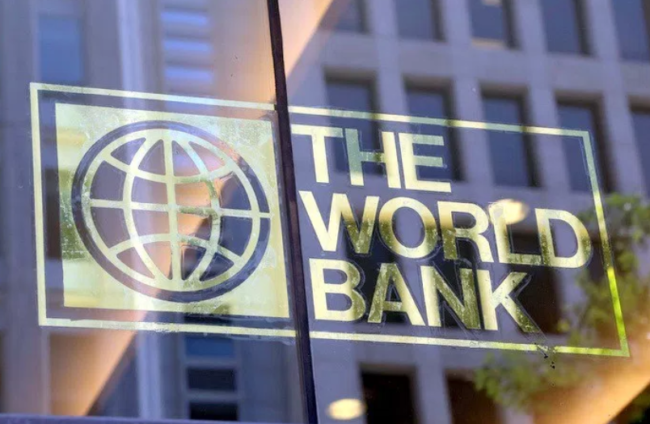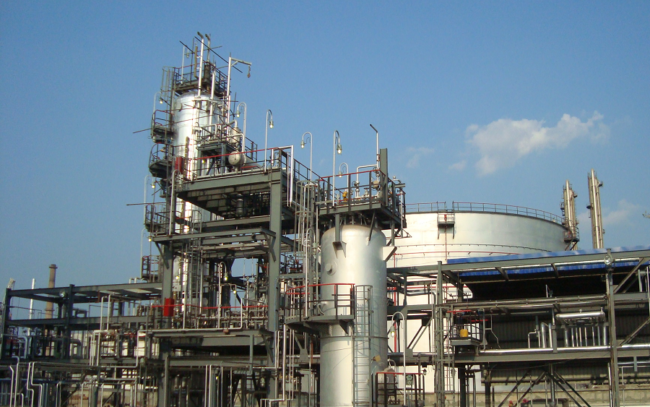The World Bank says economic growth in Sub-Saharan Africa (SSA) is expected to rise between 2.3 percent and 3.4 percent in 2021 after contracting by 2 percent last year.
The bank said that the prospects for recovery in SSA economies are strengthening amid actions to contain new waves of COVID-19 pandemic and speed up vaccine rollouts after an economic growth contraction in the region.
World Bank, in a statement on Wednesday, said: “Growth in the region is forecast to rise between 2.3 and 3.4 percent in 2021, depending on the policies adopted by countries and the international community.
“Real gross domestic product (GDP) growth for 2022 is estimated at 3.1 percent. For most countries in the region, activity will remain well below the pre-COVID-19 projections at the end of 2021, increasing the risk of long-lasting damage from the pandemic on people’s living standards”.
Advertisement
The Bank says economic activity in eastern and southern Africa sub-region is expected to expand by 2.6 percent in 2021 and 4.0 percent in 2022.
It also projects that real GDP in western and central Africa sub-region will grow to 2.1 percent in 2021 and 3.0 percent in 2022.
Albert Zeufack, World Bank chief economist for Africa, said: “African countries have made tremendous investments over the last year to keep their economies afloat and protect the lives and livelihoods of their people.
Advertisement
“Ambitious reforms that support job creation, strengthen equitable growth, protect the vulnerable and contribute to environmental sustainability will be key to bolstering those efforts going forward toward a stronger recovery across the African continent.”
World Bank further said a second wave of COVID-19 infections is partly dragging down the 2021 growth projections as SSA’s recovery is expected to vary across countries.
It said some countries had a significant drop in COVID-19 infections due to containment measures adopted by the government, while other countries are facing an upward trend in infections.
In February, the World Bank projected that the number of poor people in Nigeria will increase by 20 million by to hit 100 million in 2022.
Advertisement
Add a comment






